A one-day workshop
This very practical one-day programme provides participants with the skills and knowledge required to be an effective member of the procurement team and to enable them to procure a wide range of resources for the organisation, in a compliant and cost-effective manner. It also empowers them to be able to collaborate with all key stakeholders.
learning objectives
- Understand the basic concepts of good procurement practice
- Apply a range of tools and techniques for developing scopes of work and specifications
- Apply various methods to select and evaluate suppliers
- Develop robust contract award strategies
- Appreciate the commercial importance of effective procurement and opportunities to reduce cost and add value
- Develop appropriate procurement strategies depending on risk and value
- Appreciate the legal aspects of procurement
Expert trainer
Dr Ray Carter runs his own international training and development consultancy, specialising in procurement. A prolific author, his fourth book, Practical Contract Management, with Steve Kirby and Alan Oxenbury, was published in 2012. He has also had numerous articles and papers published in journals such as Supply Management and the Centre for Advanced Procurement’s Praxis publication.
Session outline
1. Welcome
- Introductions
- Aims and objectives
- Plan for the day
2. The basics of procurement
- The concept of total cost of ownership v price
- The procurement cycle
- The roles of the customer and the contractor
- Impact upon profit
3. Specification process
- Importance of effective specifications
- Specification development process
- Types of specification
- Team approach
- Use of performance specifications
- Early supplier involvement (ESI) / early contractor involvement (ECI)
4. Quality
- Concepts and practices
- Defining ‘fit for purpose’
- Conformance to requirements
- Compliance to standards
- Role of the supplier
- Quality assurance tools and techniques
5. Procurement methods
- RFP
- RFQ
- ITT
- Negotiated procurement
- Strategic partnerships
- Outsourcing
6. Tendering
- How to undertake a formal tendering process
- Business case to award
- Critical stages in the process
- Risks and benefits
7. Tender evaluation
- How to undertake a quotation analysis
- Tools of analysis
- Use of VFM models
- Role of the customer
- Comparisons around cost, quality, and delivery
8. Supplier selection and evaluation
- Developing critical selection criteria
- Using the 10Cs model
- Importance of effective selection process
- Weighting systems
- Importance of validity and evidence
9. Capital equipment procurement
- Life cycle cost issues
- Payback calculations
- Compatibility issues
- Maintenance and training issues
- After-sales support
10. Supplier relationships
- Corporate social responsibility issues
- Communication
- 360 feed-back
- Open and ethical
- Initial understanding
- Clear and fair terms and conditions
11. Close
- Review of key learning points
- Personal action planning









